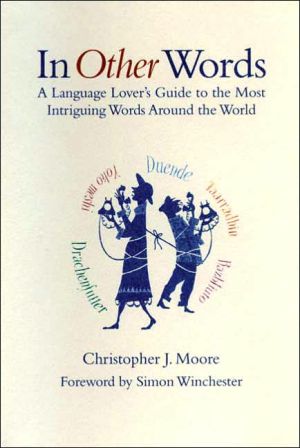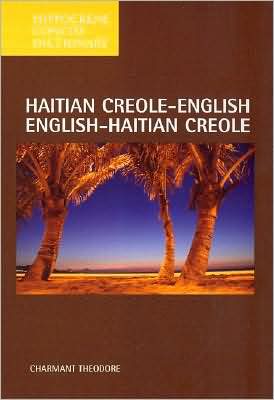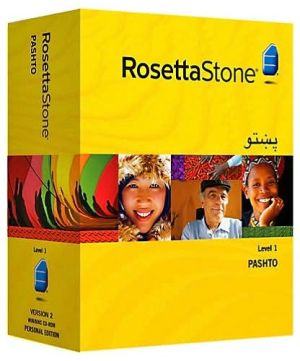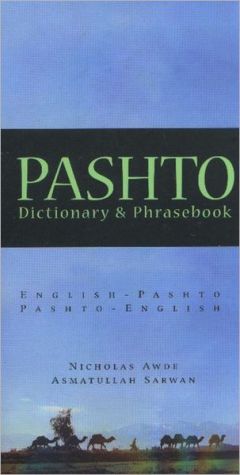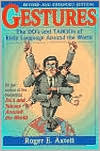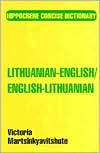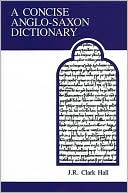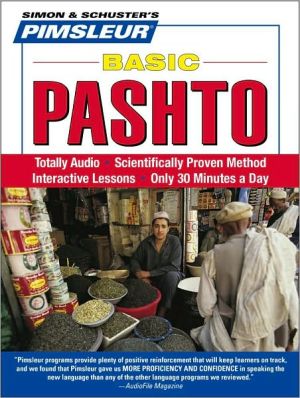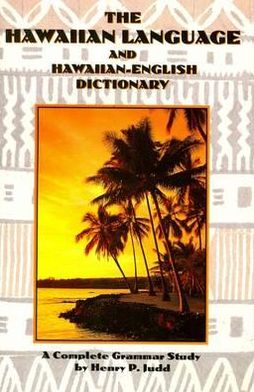In Other Words: A Language Lover's Guide to the Most Intriguing Words around the World
When ideas fail, words come in handy. But sometimes you can’t find the right word, and what you want to say can’t be found in the dictionary. English has its limitations, but the expression you’re searching for may exist in another language. In Other Words is a unique collection of well-known and absolutely obscure “untranslatables”—linguistic gems that convey a feeling or notion with satisfying precision yet resist simple translation. \ This quirky lexicon of hard-to-translate words gives...
Search in google:
When ideas fail, words come in handy. But sometimes you can’t find the right word, and what you want to say can’t be found in the dictionary. English has its limitations, but the expression you’re searching for may exist in another language. In Other Words is a unique collection of well-known and absolutely obscure “untranslatables”—linguistic gems that convey a feeling or notion with satisfying precision yet resist simple translation. This quirky lexicon of hard-to-translate words gives the reader a new way to look at the world and how words relate to us. The words are arranged by region or country of origin, and a brief introduction to each section—each done by a respected translator—gives insight into the culture of the people as well as the language. Each of these singular words is cleverly and thoroughly defined, with interesting details and references throughout. The search for that elusive mot juste may be over. Publishers Weekly Translation is tricky, especially when the language belongs to a people whose culture is very different from one's own. In this short but enthusiastic book, Moore, a linguist, selects from languages across the world words and phrases that are impossible to translate neatly into English. In many cases, the difficulty arises because our culture simply doesn't share the same experiences as others. For instance, the Cantonese word gagung literally means "bare sticks," but represents the growing group of men who will not be able to find a wife because China's one-child policy, and desire for sons, has reduced the proportion of women. Other untranslatable words are those used for a feeling or situation that English only describes in a roundabout way, such as the indigenous word from Tierra del Fuego, mamihlapinatapei, which connotes "an expressive and meaningful silence," romantic or otherwise. Moore ranges through 10 different groups of languages (ancient and classical, indigenous, Nordic and African among them) and breaks a few into individual tongues. He introduces each with a few entertaining anecdotes and literary quotes to provide context, and his style in the definitions is equally witty and accessible. Strangely, the entries are not alphabetized, and some have meanings that are more familiar than he implies, particularly those found in the section on Sanskrit, which is made up entirely of words that have already entered the English vocabulary, such as guru and mantra. Overall, this book will fascinate anyone who loves linguistic oddities or has ever felt "lost in translation." (Dec.) Copyright 2004 Reed Business Information.
SCHADENFREUDE (GERMAN): A wonderfully uncharitable word meaning “to delight in another’s misfortune.” \ RAZBLIUTO (RUSSIAN): The confusing bundle of emotions felt by Russian males for their ex-girlfriends.\ DUENDE (Spanish):This wonderful word captures an entire world of passion, energy and artistic excellence, and describes a climactic show of spirit in a performance or work of art. It now has a depth and complexity of meaning that crossed artistic borders, from flamenco to bullfighting.\ YOKO MESHI (Japanese):“A meal eaten sideways”:This is how the Japanese define the peculiar stress induced by speaking a foreign language.\ TAARRADHIN (Arabic):Arabic has no word for “compromise”, in the sense of reaching an arrangement via struggle and disagreement.“Taarradhin” implies a happy solution for everyone, or “I win.You win.” It's a way of reconciling without anyone losing face.\ DRACHENFUTTER (German): Meaning “dragon fodder”, this is the offering German husbands make to their wives when they've stayed out late or otherwise engaged in inappropriate behavior. A nice box of chocolates, or some flowers, perhaps, to mask the beer fumes.
Western European languages16Eastern European languages40Yiddish language50Nordic languages54Middle Eastern languages66African languages76Asian languages80Ancient and classical languages98Indigenous languages114Creole and Pidgin languages120Word finder124
\ Publishers WeeklyTranslation is tricky, especially when the language belongs to a people whose culture is very different from one's own. In this short but enthusiastic book, Moore, a linguist, selects from languages across the world words and phrases that are impossible to translate neatly into English. In many cases, the difficulty arises because our culture simply doesn't share the same experiences as others. For instance, the Cantonese word gagung literally means "bare sticks," but represents the growing group of men who will not be able to find a wife because China's one-child policy, and desire for sons, has reduced the proportion of women. Other untranslatable words are those used for a feeling or situation that English only describes in a roundabout way, such as the indigenous word from Tierra del Fuego, mamihlapinatapei, which connotes "an expressive and meaningful silence," romantic or otherwise. Moore ranges through 10 different groups of languages (ancient and classical, indigenous, Nordic and African among them) and breaks a few into individual tongues. He introduces each with a few entertaining anecdotes and literary quotes to provide context, and his style in the definitions is equally witty and accessible. Strangely, the entries are not alphabetized, and some have meanings that are more familiar than he implies, particularly those found in the section on Sanskrit, which is made up entirely of words that have already entered the English vocabulary, such as guru and mantra. Overall, this book will fascinate anyone who loves linguistic oddities or has ever felt "lost in translation." (Dec.) Copyright 2004 Reed Business Information.\ \
